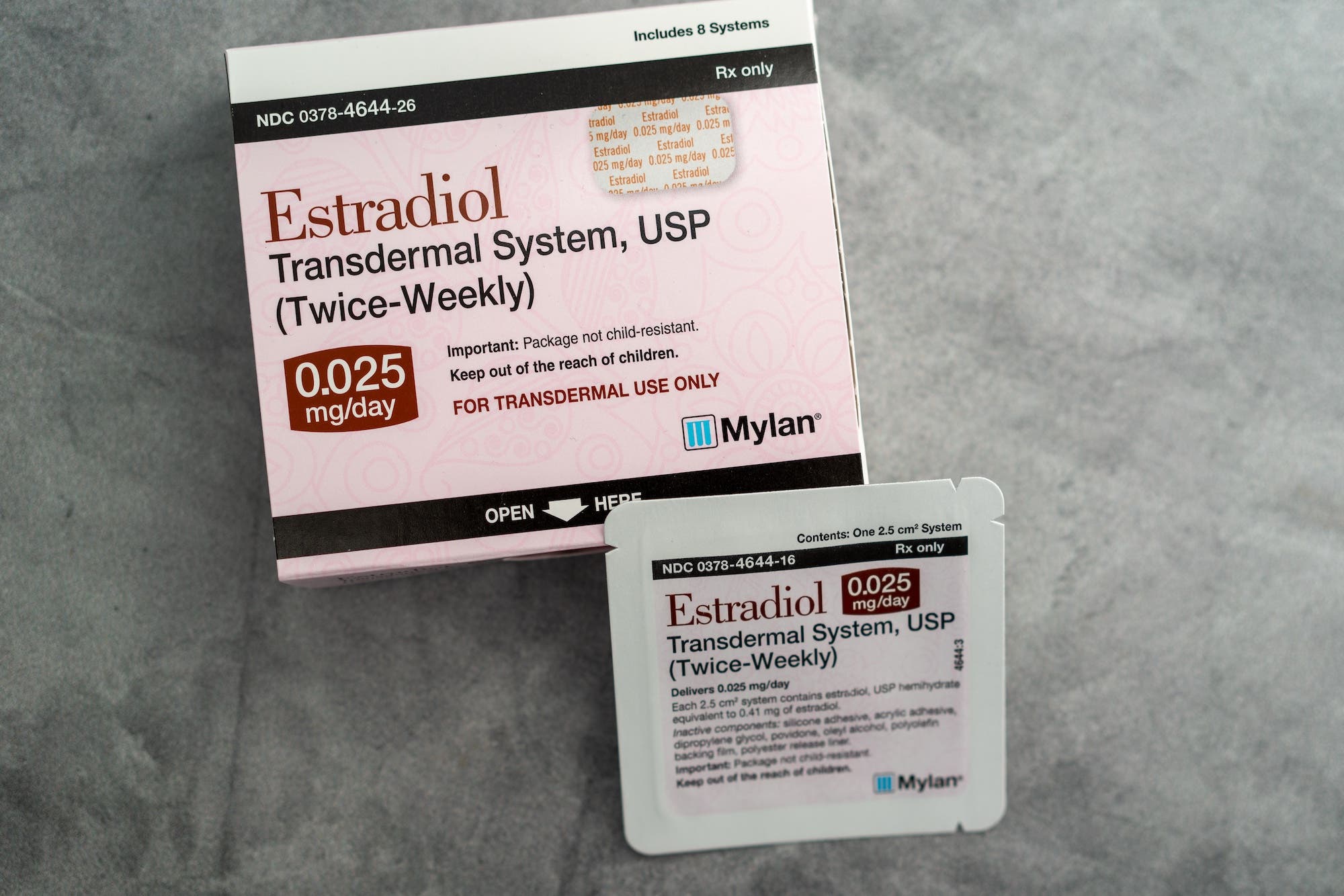While participating in the Summer Olympic Games in Rio de Janeiro, Brazil, U.S. women’s soccer star Hope Solo drew boos and whistles – and shouts of “Zika! Zika!” — from the hometown crowd. Not for her on-field play, but for her over-the-top social media messages concerning the dangers of the Zika virus, known to have seriously affected Rio and other parts of Brazil.
While Solo’s choice to post a picture of herself clad in mosquito netting and holding an industrial-strength container of repellant as protection against the insects that can transmit the disease clearly wore out her welcome, the publicity she generated nonetheless raised awareness about Zika. Particularly for women concerned that exposure to the disease while pregnant can result in birth defects.
As Solo had publicly done months before traveling to Rio for the Games, women around the world began voicing their worries about following through on plans for a Rio vacation. Or, for that matter, about traveling to Brazil for any reason at all.
Turns out that, according to the U.S. Centers for Disease Control (CDC), those worries were and remain well-founded.
In fact, on a Travelers’ Health page about Brazil that’s on the CDC ‘s site, a boxed notice warns that “pregnant women should not travel to Brazil”. The notice goes on to say that couples thinking about pregnancy should educate themselves on possible risks posed by the Zika virus. And they should also “take preventive steps”.
Here’s what’s prominently stated on the CDC’s Zika and Pregnancy site that’s currently known about the virus:
- The Zika virus can be transmitted by a pregnant female to her fetus
- Becoming infected while pregnant can result in microcephaly as well as other fetal brain defects
- While Zika typically spreads via mosquitoes, it can also pass from one person to another during unprotected sex – even when the partner doesn’t show symptoms of Zika
- No medicine or vaccine currently exists to treat or prevent Zika
And here’s what’s stated that’s currently unknown:
- The likelihood that a Zika infection will impact a woman’s pregnancy
- Whether a baby will be born with birth defects if the mother becomes infected while pregnant
- The entire spectrum of health events that might occur or develop if a mother is infected with Zika while pregnant
Another notice on the site explains that a person’s chances of getting Zika depend not only upon that person’s travel history, but upon the travel history of their sex partner(s).
Which brings us to the CDC’s recommendations for preventing and transmitting Zika, which include preventing mosquito bites, planning for travel by checking the CDC’s travel recommendations for areas at risk for Zika, and protecting yourself during sex. And the CDC plainly notes that the sexual activity it refers to encompasses “vaginal, anal, or oral sex, and the sharing of sex toys”.
Furthermore, don’t make the mistake of believing that Zika is a fringe disease confined to some far-off country.
When one Miami-area woman learned that her neighborhood had been declared a Zika zone by the Florida Department of Health, with over 100 pregnant women there reporting infections, she went to the extreme measure of wearing a beekeeper outfit any time she dared to wander out of doors. She even wore the protective clothing while posing with her partner for a photo accompanying their pregnancy announcement, adding the explanatory caption, “Love in the time of Zika”.
She summed up dealing with the realities of the Zika virus in a way that speaks as loudly as any government warning: “When I saw the first picture of a baby with microcephaly, I burst into tears. It seemed so far away in the jungle, and then it was in my backyard.”
While the CDC points out that it’s currently unknown how long the Zika virus remains in the semen and vaginal fluids of infected individuals, as well as how long the virus can be transmitted to others, this much is known: “Zika can remain in semen longer than in other body fluids, including vaginal fluids, urine, and blood.”
Undoubtedly, anyone planning on starting a family needs to examine their own travel and sexual history, as well as that of a prospective partner. The “knowns” about Zika clearly outweigh the “unknowns”. Taking the appropriate steps now to protect your assets, before travel plans arise or before other Zika zones are declared, is the most sensible and safe choice.


